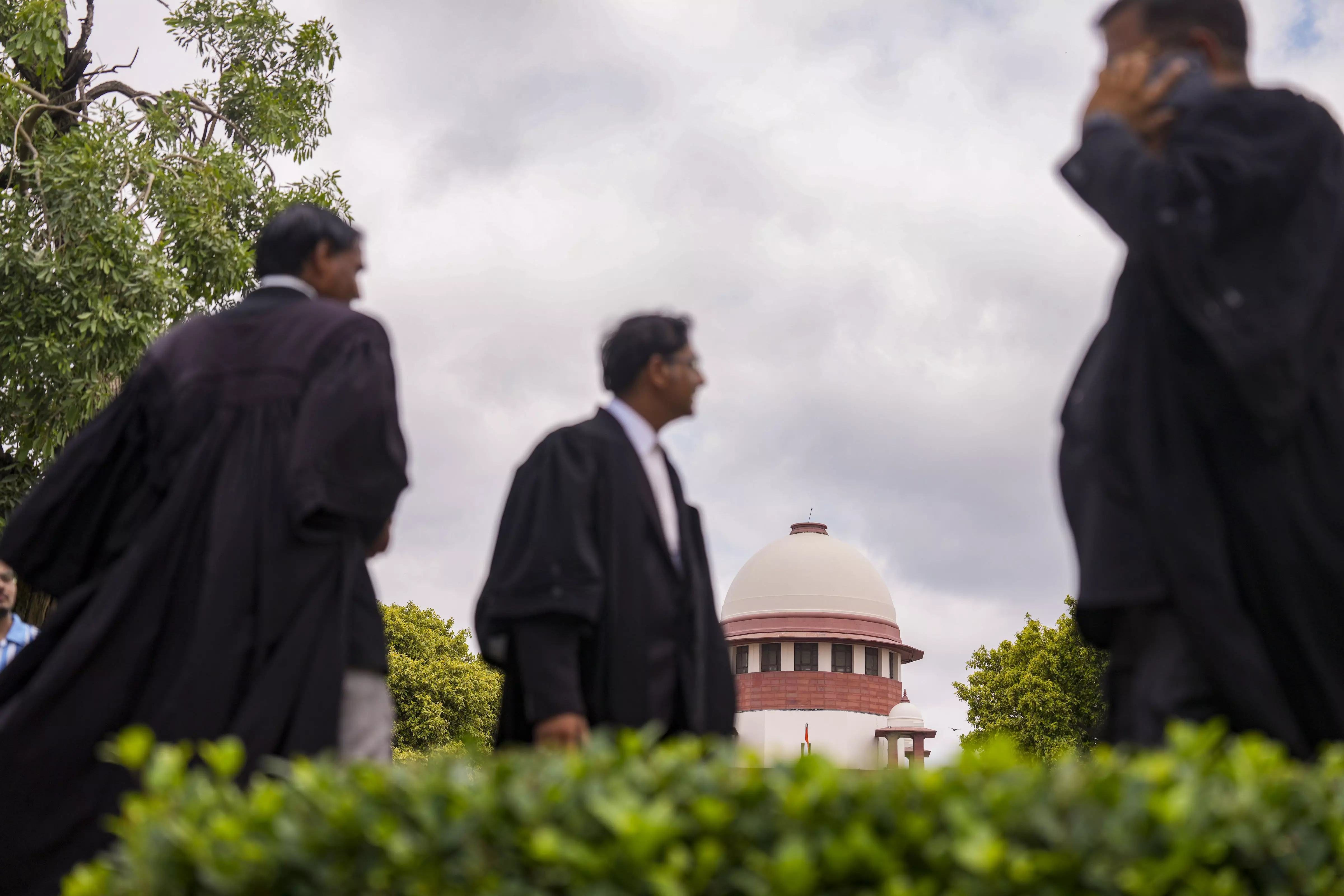

The Supreme Court of India has recently announced that it will establish guidelines regarding the demolition of properties across the country, which will apply uniformly to all citizens, irrespective of their religion or background. This decision comes amidst concerns that properties, including those of individuals accused or convicted of crimes, were being demolished without due process in various states.
The bench of Justices B R Gavai and K V Viswanathan emphasized the importance of treating all citizens equally under the law. The court stated, "Whatever we are laying down, we are a secular country. We are laying it down for all the citizens, for all the institutions, not for any particular community." This remark underscores the principle that no community or individual should face discriminatory treatment regarding property demolition.
The Supreme Court has made it clear that the mere fact that someone is an accused or a convict cannot be used as justification for demolishing their property. Such demolitions, the court said, would be against the ethos of the Constitution of India.
While the guidelines aim to protect individuals from arbitrary demolitions, the court also took a strong stance against unauthorized constructions. It clarified that its order will not protect illegal structures on public roads, government lands, forests, or other public spaces. "We will take care to ensure that our order does not help the encroachers on any of the public places," the court stated.
On September 17, the Supreme Court had directed that no property, including those of individuals accused of crimes, could be demolished without its permission until October 1. The court also observed that even a single instance of illegal demolition violated the Constitution's principles. However, this order does not apply to unauthorized structures on public property or cases where a court has already issued a demolition order.
The Supreme Court's decision to lay down guidelines will likely bring much-needed clarity and consistency to how demolitions are carried out across the country. The hearing in the case is ongoing, and the final guidelines will play a crucial role in protecting the property rights of citizens while ensuring that public lands and spaces are not encroached upon.
This decision represents a significant moment in India's legal landscape, where property rights and constitutional protections are balanced with the need to safeguard public spaces. It highlights the court's role in ensuring that legal processes are followed, even in cases involving individuals accused of crimes.
At Bimacure, we believe that protecting individuals from unjust treatment is essential to building a fair and equitable society. While this blog discusses an important legal development, Bimacure does not hold any rights to the content shared. Full credit and rights for the information in this post go to Deccan Chronicle.
